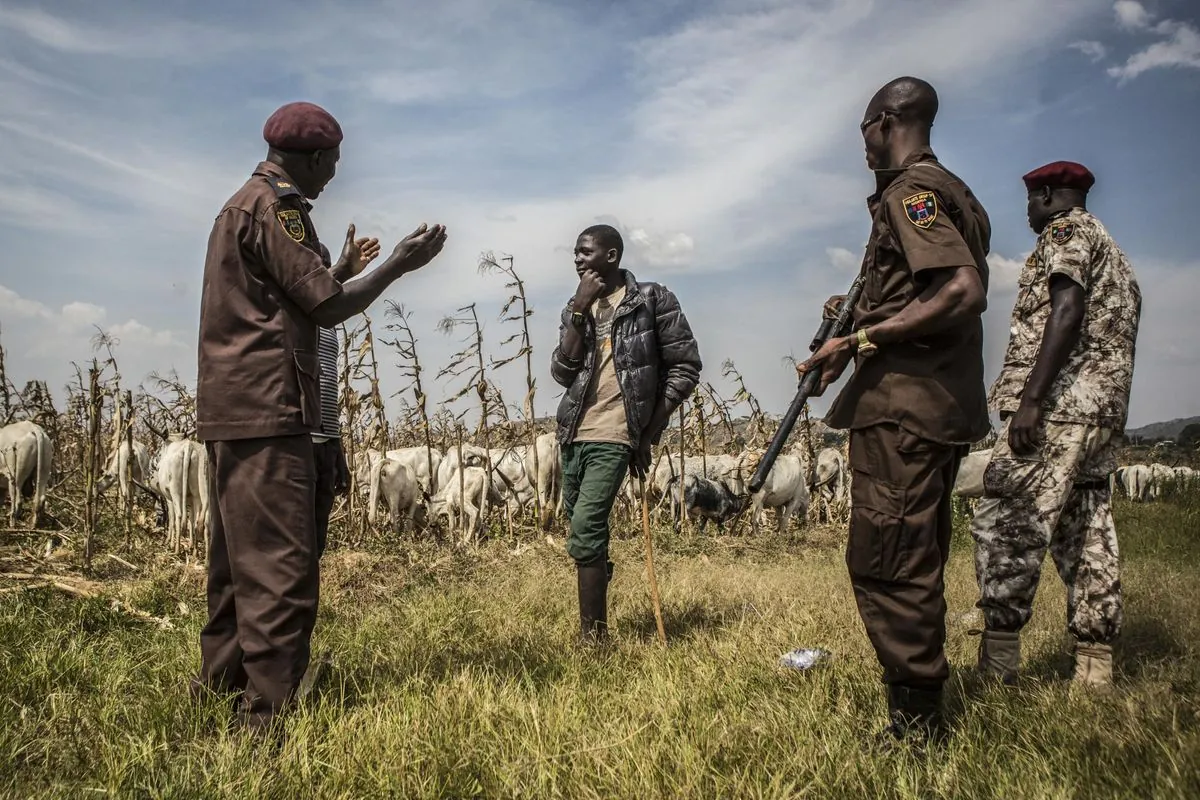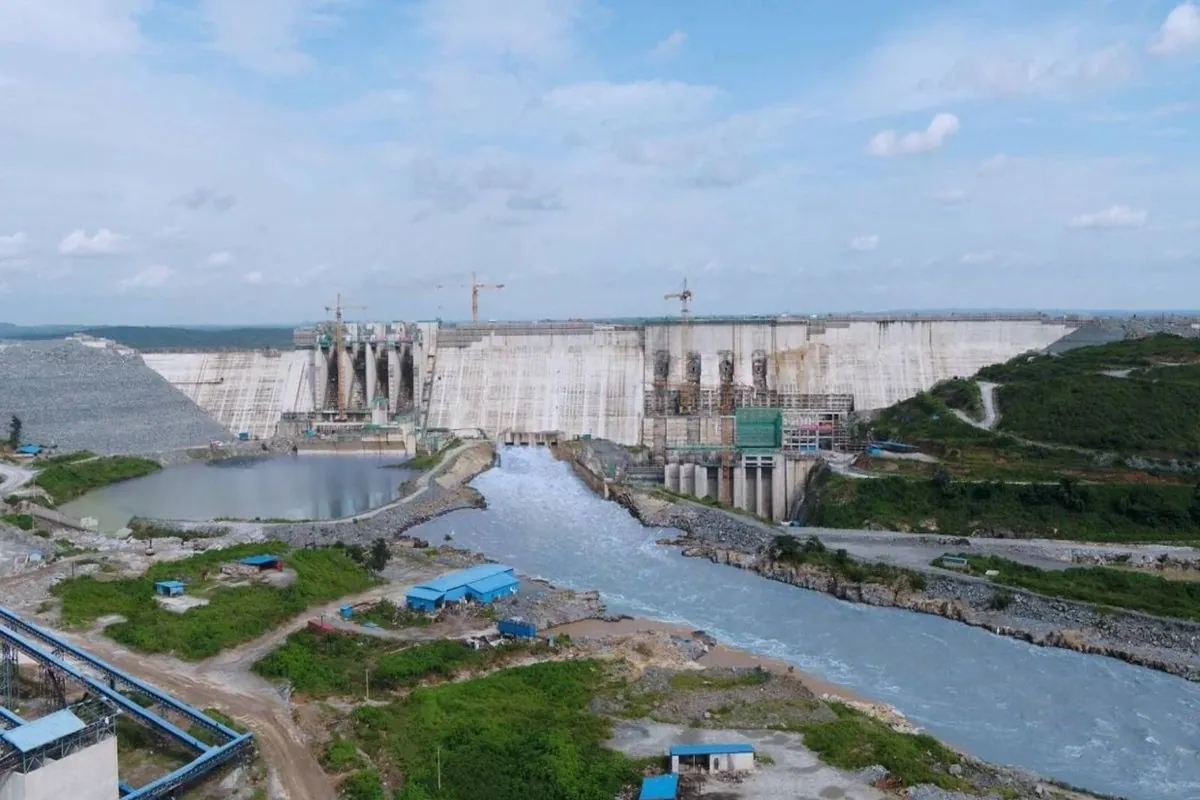Deadly Attack on Farmers in Nigeria's Niger State Claims 10 Lives
Armed assailants killed 10 farmers in Niger State, Nigeria. The attack, part of ongoing security challenges in the region, occurred in Shiroro local government area, highlighting the persistent threat to rural communities.

In a tragic incident highlighting the persistent security challenges in northern Nigeria, armed assailants, locally referred to as bandits, claimed the lives of at least 10 farmers in Niger State. The attack occurred on August 21, 2024, in the Allawa community of Shiroro local government area.
Hassan Abubakar, a local resident, reported that the farmers were ambushed while working in their fields. "The farmers were trapped and 10 killed yesterday evening in their respective farms," he stated. Another resident, Indamishe Auwal, who assisted in recovering the bodies, expressed deep concern over the deteriorating security situation in the region, lamenting, "Shiroro is bleeding. Our people are suffering and bandits have taken over our farmlands."
This incident is part of a broader pattern of violence plaguing northwestern Nigeria, where armed groups frequently target rural communities. These attacks often involve kidnappings of residents, farmers, students, and motorists for ransom, severely disrupting daily life and economic activities.

Niger State, the largest by area in Nigeria covering 76,363 km², has been particularly affected by this wave of violence. The state, named after the Niger River flowing through it, was created on February 3, 1976, and is known for its significant agricultural sector and the Shiroro hydroelectric power station, one of Nigeria's largest.
The security crisis in northern Nigeria has had far-reaching consequences. Since 2011, banditry has displaced over 200,000 people, exacerbating the challenges faced by a nation already grappling with a decade-long Islamist insurgency in the northeast. This situation is particularly concerning given that agriculture employs about 70% of Nigeria's labor force.
Nigeria, Africa's most populous country with over 200 million inhabitants, has been struggling with various security challenges since its return to democracy in 1999. The country, which gained independence from British rule in 1960, is home to over 250 ethnic groups, with Hausa, Yoruba, and Igbo being the largest.
The Nigerian government has launched several military operations to combat banditry in recent years. However, the persistence of such attacks underscores the complexity of the security situation and the need for comprehensive strategies to address the root causes of violence and protect vulnerable communities.
As of the time of reporting, Wasiu Abiodun, the Niger state police spokesperson, had not responded to requests for comment on the incident. The lack of immediate official response further highlights the challenges in addressing and communicating about security issues in the region.
This latest attack serves as a grim reminder of the ongoing threats faced by rural communities in Nigeria and the urgent need for effective measures to ensure the safety of citizens, particularly those engaged in vital agricultural activities.


































